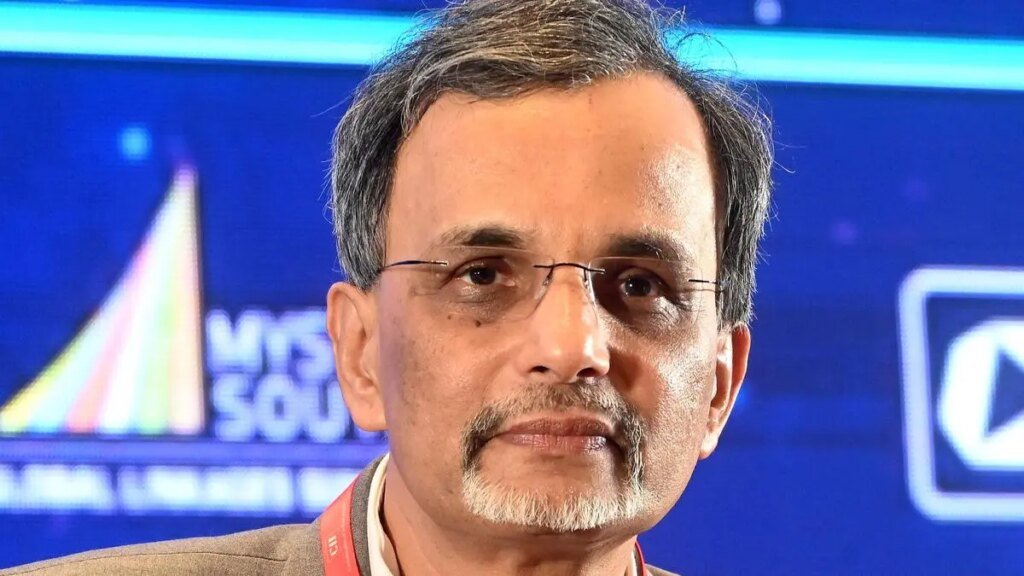India’s Pilates pioneer Yasmin Karachiwala on Ozempic, Mounjaro boom: ‘It’s sad people are finding the quick fix’
In India, which has the world’s third-largest number of overweight adults and over 77 million people with Type 2 diabetes, weight-loss drugs are on a boom. Mounjaro, a tirzepatide marketed by American drugmaker Eli Lilly, reportedly became the second-highest selling drug in India in six months. And doctors, mostly endocrinologists, are flooded with queries about weight loss through GLP-1 medications. It’s a trend that worries India’s Pilates pioneer Yasmin Karachiwala, who has over three decades of experience in the wellness world. A celebrity fitness trainer to a brigade of Bollywood stars, she says people must be wary of the likely side effects, including muscle loss.
In an exclusive interview with Health Shots, when Yasmin Karachiwala was asked if she is worried about the popularity of weight-loss drugs, she says: “Yes, it is really sad because people are finding the quick fix, which always happens when something new comes in. In the last 30 years, I’ve seen a lot of quick fix coming in, and people justify it.”
One of the weight-loss drugs, semaglutide, developed by Danish company Novo Nordisk, is available as Rybelsus (oral) and Wegovy (injectable). Its version Ozempic is approved in India for diabetes management but not yet for obesity. The other, tirzepatide, produced by Eli Lilly and sold as Mounjaro, is officially meant for diabetes but is now widely used off-label for weight loss in India.
Both these work differently. Ozempic is a GLP-1 drug, which means glucagon-like peptide-1. In layman terms, it mimics the natural GLP-1 hormone which supports regulation of blood sugar and appetite. Mounjaro has a dual mechanism with GLP-1 and GIP (glucose-dependent insulinotropic polypeptide) to regulate blood sugar.
According to Yasmin Karachiwala, “The injectables are really good for people with diabetes and people who are overweight, may have tried everything but still can’t lose weight and it’s affecting their health. For them to lose weight, it’s either this (the weight-loss drugs) or going through bariatric surgery, depending on what their doctor suggests.”
“I’m no person to judge, but I feel like a lot of people who want to lose five kgs and think they’re overweight, are taking the aid of injectables. This is not something that I would recommend anyone to do because what they’re not realising is that it’s making them lose muscle mass,” adds Karachiwala, whose celebrity clients include the likes of Deepika Padukone, Katrina Kaif, Kriti Sanon and Ananya Panday.
As a fitness expert, she can vouch that muscle is really difficult to put on.
“It is very easy to put on fat, but it is very difficult to put on muscle. And if you don’t have enough muscle as you grow older, you’re going to lose bone density. The thing that protects our bones is our muscle! So, if you’ve lost the muscle, you’ve lost the bones, you’re heading for osteoporosis,” she warns.
Instead, she recommends a combination of weight training, increase in protein intake through diet and hydration.
Yasmin Karachiwala spoke to Health Shots during the launch of her Yasmin Karachiwala Body Image (YKBI) studio in New Delhi.
Talking about how a lot of people only join a gym or fitness class when they feel unfit or self-conscious, she says: “When I coined the word body image for my studio, I wanted everyone to have a great body image. Whatever your body image is, fitness has nothing to do with the body, right? Because they say thin is not fit and fat is fit sometimes. I want people to think about how they wake up in the morning. What is the level of fatigue they feel during a day? Are they stressed, are they tired at the end of the day? Do they wake up with a spring in their step? For me, these are the things that translate into your body image. You need to have a very positive image about yourself and you can conquer the world.”
(Note to readers: This article is for informational purposes only and not a substitute for professional medical advice. Always seek the advice of your doctor with any questions about a medical condition.)



